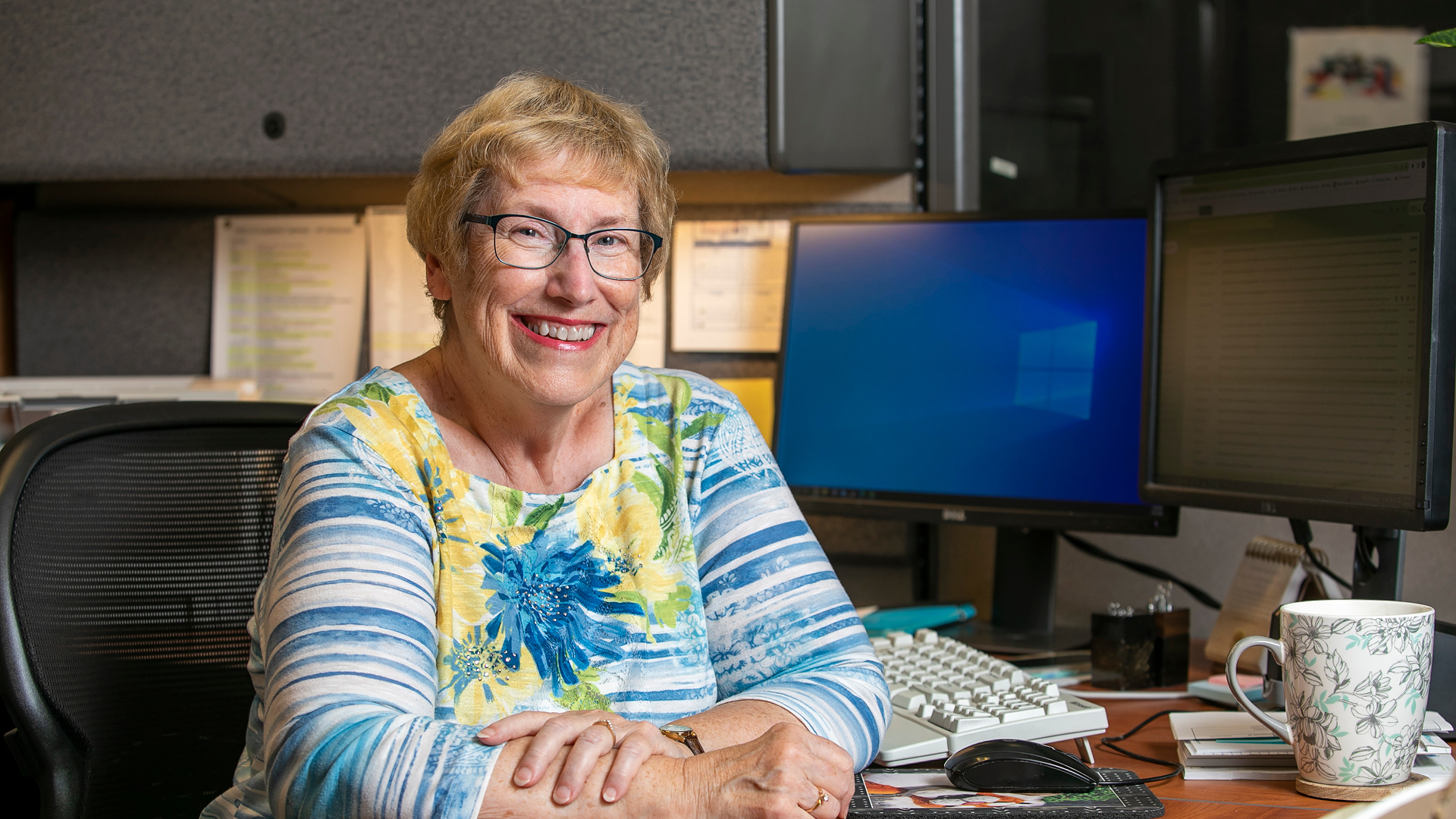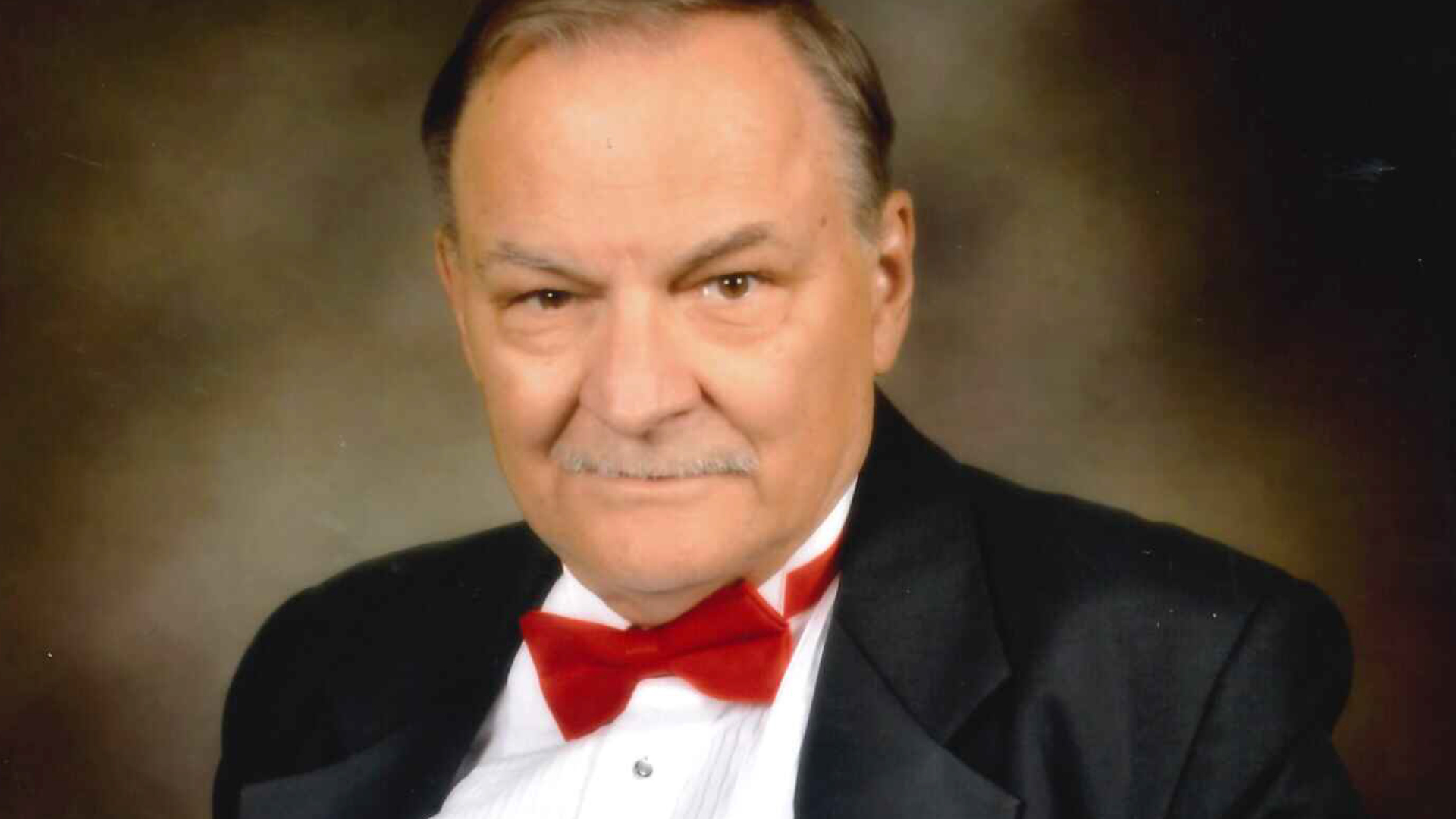
4 minute read
Sandi Cooper’s Last Hangover
BY EMILY GEHMAN
SANDI COOPER ’24 PACES THE FLOOR WITH A XANAX® IN HER HAND, talking herself out of the worst panic attack she’s ever had. And she’s too drunk to fall asleep.
Advertisement
She gets no help from her boyfriend, who is too drunk to wake up. Her brother, barely helpful, suggests a pill that might be dangerous with alcohol. After six hours of panic, desperate and exhausted, Sandi kneels.
“I’ve heard that you’re out there,” she prays. “I don’t know how any of this works, but I can’t live like this anymore.”
All She Knew
“I can’t even tell you the first time I did drugs,” Sandi says today. “They were just always there.”
Sandi’s earliest memories are of sitting on bikers’ laps at her stepfather’s motorcycle club parties, with beer and marijuana everywhere. Once she caught her mom snorting a line. Adults gave her joints when she was as young as 10. Harder drugs like cocaine were easy to get.
“A friend just knew somebody who knew somebody,” Sandi says. “I dabbled in smoking and drinking, marijuana—pretty much anything.”
As a preteen, Sandi became the primary caregiver for her mom, who had emphysema. Two weeks before Sandi turned 16, her mom died from a healthcare error. That’s when Sandi says she went “completely off the rails.”
“There was nothing that was bringing me joy or happiness, so I was trying to find it in any substance I could ... trying to fill the void where God was supposed to be.”

Sandi and her son, Aiden
Twelve Years Later
Over the next dozen years, Sandi went in and out of addiction, homelessness, and despair. Her boyfriend “literally took the pipes out of the downstairs bathroom to sell the copper in order to buy drugs.” They had two children together, and other than her pregnancy, she had never been sober. Alcohol, pills, heroin, meth—anything.
Finally, living in a barn in the dead of a New Hampshire winter and waking to the sound of neighbors killing chickens, Sandi decided it was time to get clean. Her boyfriend “was not a fan of that,” but drove her to Howard City, Michigan where she could stay with her brother. His best friend was a Christian who spoke about Jesus in simple, kind, and nonjudgmental ways.
“Chris knew that I took advantage of his kindness ... and he still loved me. So I knew Jesus’ behavior and I knew a little about who He was.”
Clean from drugs but still a functioning alcoholic, Sandi tried to talk herself out of her frenzied panic attack. Six hours later, spent, hopeless, and holding a pill she knew she couldn’t take, she kneels. A last resort.
“I’ve heard that you’re out there,” she prays. “I don’t know how any of this works, but I can’t live like this anymore. Please take it away.”
For the first time ever, Sandi felt relief.
“From my head to my feet, I was filled with so much calm, warmth, relaxation, and love ... There was somebody with me that said, ‘Okay, I’ll take this from you.’”
Help And Hope
Today, Sandi helps women in recovery at Our Hope Association, a residential home-like long-term treatment center for women in Grand Rapids. Sandi plans to open a rehab center for families like hers, who need help, hope, and God’s unconditional love. She never considered college—or Grace Christian University—until Grace was, oddly, the only option in a dropdown menu on a financial aid website. Within three weeks, she was enrolled, funded, and sharpening her pencils for the fall semester. Studying in the 4+1 program, Sandi will graduate with a bachelor’s degree in social sciences and a master’s degree shortly thereafter.
“God moved mountains and put me right where I needed to be,” Sandi says. “Every single person I have met in this organization—student, faculty, staff, library, kitchen worker— there’s a smile, so much kindness, and genuine care.” ■
Emily Gehman is a Grace faculty member and managing editor of The Journey

Sandi and her son, Aiden










